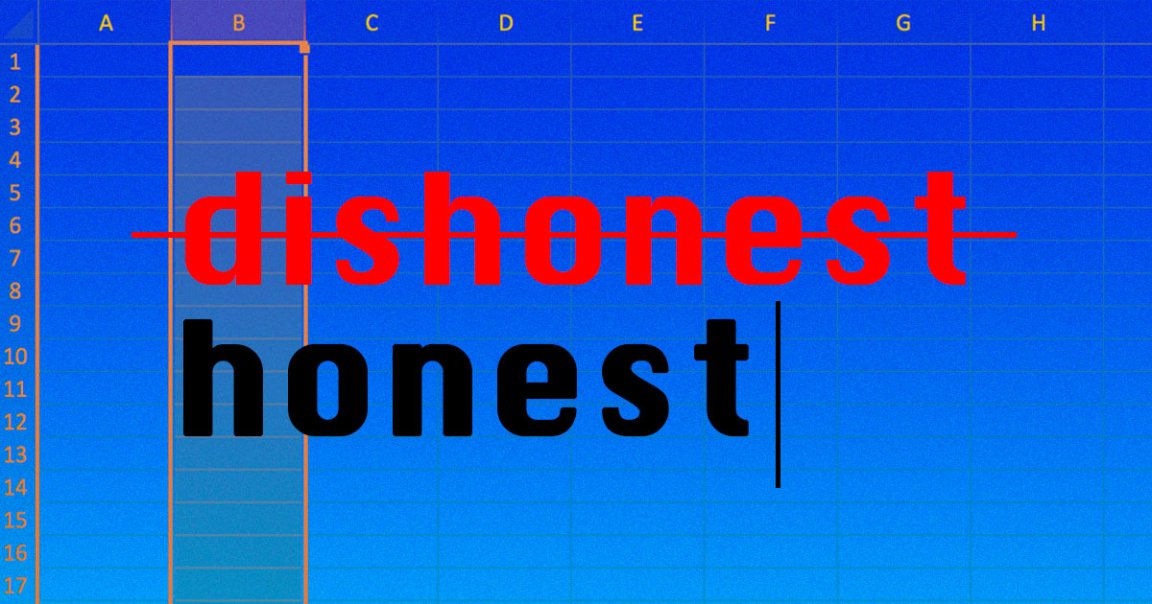
It’s the epitome of irony.
A 2012 study co-authored by famed behavioral scientist Dan Ariely about honesty — which had wide-reaching effects on how governments and businesses approached fraud prevention — was more than likely based on falsified data, BuzzFeed News reported last week.
The three academics who called the results into question found that Ariely’s 2012 study was based on “a fraudulent dataset” that was “beyond a shadow of a doubt” fabricated, according to a post on their blog Data Colada — a troubling reminder that scientific integrity is never a given.
The team, as well as many of the researchers who originally published the study, are now calling on the Proceedings of the National Academy of Sciences, the journal which first published the research, to retract it.
The 2012 study claimed that if people were to sign an honesty declaration before — not after — a form about auto insurance, they were more likely to fill it out honestly. At least one insurance company adopted the method, according to BuzzFeed, and the practice has even been taught to corporate executives.
But something about the numbers didn’t look right, as the scientists behind the recent investigation found.
Ariely, however, is maintaining his innocence.
“I can see why it is tempting to think that I had something to do with creating the data in a fraudulent way,” he told BuzzFeed. “I can see why it would be tempting to jump to that conclusion, but I didn’t.”
“If I knew that the data was fraudulent, I would have never posted it,” he added.
But troublingly, Ariely’s account included conflicting answers. He also claimed that the insurance company that provided the allegedly made-up data to him no longer have access to the original records, according to BuzzFeed.
The study was first called into question well over a year ago. Several of the 2012 study’s original authors tried to reproduce the results some eight years after it was published, and found some unusual inconsistencies in the original data, causing them to ring the alarm bells.
They even published an op-ed last March in the Scientific American titled “When We’re Wrong, It’s Our Responsibility as Scientists to Say So.”
Academics from Data Colada, an international team of data sleuths made up of three business school lecturers and professors, then pored over the newly released data which the study was based on and found something even more troubling.
They found several signs that the data was fabricated, spotting mysterious uses of unexpected fonts in the Excel spreadsheet and data points that seemed conveniently distributed.
“This is not what real data look like, and we can’t think of a plausible benign explanation for it,” the Data Colada blog post reads.
“There is very strong evidence that the data were fabricated,” it concluded.
Several of the original authors are now actively distancing themselves from the work, BuzzFeed reports.
But whether they’ve learned their lesson remains to be seen.
READ MORE: A Famous Honesty Researcher Is Retracting A Study Over Fake Data [BuzzFeed News]
More on falsified data: Major COVID Drug Study Accused of Relying on Falsified Data